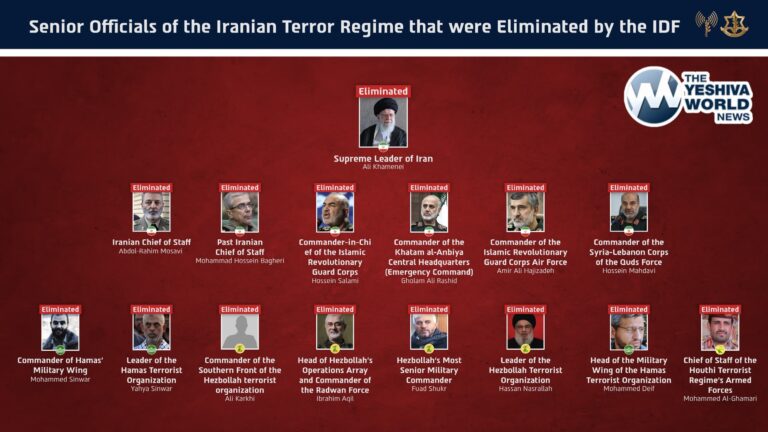American public support for Israel’s military campaign in Gaza has plummeted, according to a newly released Gallup poll that marks a sharp turning point in U.S. opinion on the war and on Israeli Prime Minister Binyamin Netanyahu.
Once a majority position, support for Israel’s military action has collapsed to just 32%, down from 50% at the outset of the war with Hamas in late 2023. A full 60% of U.S. adults now oppose the campaign—a seismic shift fueled by relentless images of starving children, widespread reports of humanitarian collapse, and Netanyahu’s increasingly polarizing leadership.
The survey, conducted from July 7–21, coincided with the global circulation of graphic scenes from Gaza that triggered condemnation from governments and human rights groups alike. It also came days before President Donald Trump, breaking with his typically unwavering support for Israel, acknowledged that the images of emaciated children “could not be staged”—a direct rebuke to Netanyahu’s earlier claim that Hamas had fabricated the crisis.
The poll delivered another blow to Netanyahu: 52% of Americans now view him unfavorably—the worst rating Gallup has recorded for the Israeli leader since he first appeared in its polling in 1997. Just 29% view him favorably, and nearly 20% say they have no opinion or don’t know who he is.
The timing is particularly damaging for Netanyahu, who is attempting to shore up waning support in Congress and among key allies. The data shows his image has deteriorated steadily since late 2023, when 47% of Americans viewed him negatively. The last time a plurality viewed him positively was in 2019.
“This is the first time we’ve seen a majority of Americans with a negative view of him,” said Gallup senior pollster Megan Brenan. “All the questions in the poll tell the same story—and it’s not good for the Israeli government right now.”
The erosion in support is concentrated among Democrats and Independents. Support among Democrats has fallen off a cliff—from 24% in September 2024 to just 8% now. Among Independents, backing has dropped from 41% to 25%. Republican support, by contrast, has remained robust, rising slightly from 66% to 71%.
The generational divide is particularly stark. Among Americans under 35, only 1 in 10 support Israel’s military campaign. By contrast, nearly half of those 55 and older remain in favor. The gap underscores a long-term trend that could pose strategic challenges for Israel’s relationship with the U.S. in the years ahead.
The poll was released as Israel faces growing international isolation. France has formally recognized a Palestinian state, and Britain’s new Prime Minister, Keir Starmer, has warned that the UK will follow suit unless a ceasefire is reached by September.
At the same time, efforts to negotiate a new ceasefire and hostage release remain frozen. U.S. Democrats are intensifying pressure on the Trump administration to act. A letter signed by 40 Senate Democrats and sent to Secretary of State Mike Pompeo and special envoy Steve Witkoff urged immediate increases in humanitarian aid and a renewed push for a diplomatic resolution.
In a dramatic reversal, Netanyahu’s government has resumed aid drops into Gaza, a sharp contrast from his earlier position denying the existence of a hunger crisis. The policy shift came just days after President Trump publicly contradicted him.
Even with that concession, the damage appears done. The image of Israel in the eyes of the world—and of many Americans—has shifted. And with it, perhaps, the future of the U.S.-Israel alliance.
(YWN World Headquarters – NYC)












4 Responses
Netanyahu did more to guarantee a future Palestinian state than anyone I can think of.
If the Zionists want to survive, they need to become self-sufficient, even if it means the Jews in Eretz Yisrael will have to give up their “first world” standard of living and get used to living on the “third world” standard of living as they did in the 1950s and 1960s. An “independent” Jewish state means not needing to rely on foreign aid, foreign trade, or donations by rich Jews in the diaspora.
When you’ll understand that the un, the eu, france, britain, germany, canada, msm, polls etc. are all corrupt and agenda driven, then you’ll understand it all.
Curious why the pollsters didn’t ask about the hostages? Are they free-for-all; are they הפקר? Why wasn’t their predicament even posed as the basis of the ongoing campaign?
This leads me to conclude that the questions were posed in such a way to beget this rating! And so, the results are flawed. It doesn’t mean the polled love us and we’re just answering the questions asked to them: it means that the findings are far from true.